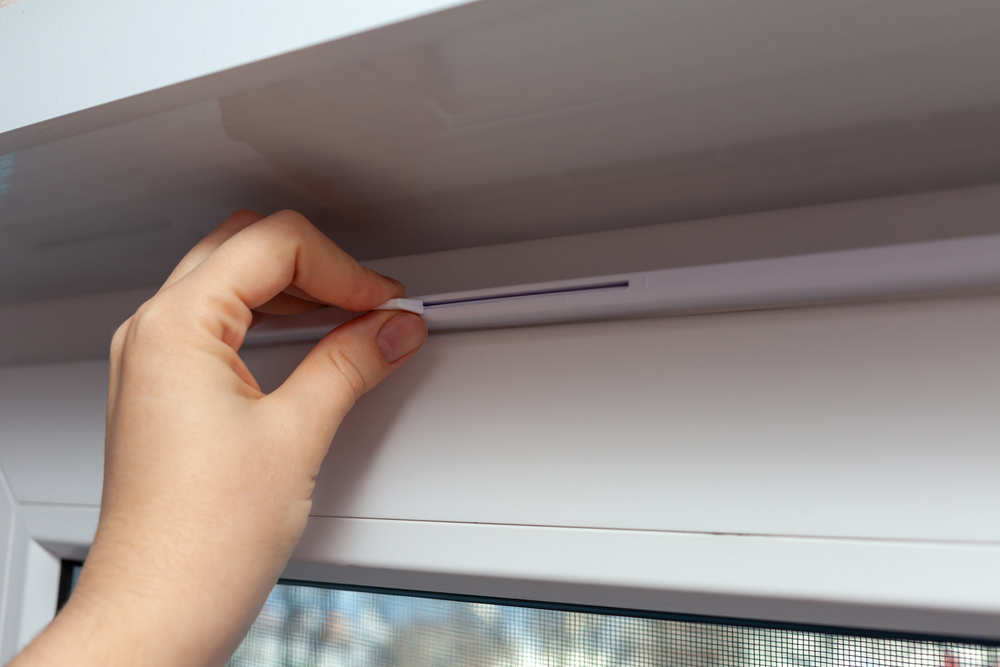
11 Nov Have Building Regulations Changed For Windows?

In 2022 the building regulations changed for windows as part of The Future Homes Standard. The Future Home Standard is part of the Government’s plan to have homes be zero carbon ready by 2025 with new homes being expected to produce 31% lower emissions. Because of this, there are some aspects of current homes that when replaced, will need to be more energy efficientthis includes windows.
How do the changes to building regulations affect replacement windows?
The way the building regulations will affect replacement windows is to do with ventilation and heat loss.
Heat loss through a material is measured by u-values. The lower the u-value, the less heat is being lost from inside to outside the building. Before the changes, the allowable u-value was 1.6W/m2K but this has now reduced to 1.2W/m2K.
Ventilation is required in rooms to reduce condensation and improve the quality of air. In bathrooms and kitchens, where more condensation is likely, this is usually achieved by vents. In bedrooms and other living rooms, this is achieved through a ‘trickle vent’. Trickle vents are a small vent at the top of a window frame that can be open or closed. The new regulations will mean that new windows installed will need trickle vents no smaller than the ones they replaced. If the new windows are replacing windows that did not have trickle vents, the new ones will need them.
What will these changes mean for customers?
U-value improvements will mean that replacement windows lose less heat, making them more energy efficient. With trickle vents required for all new windows, air quality and condensation in homes will be improved. These are both benefits that anyone buying new windows will enjoy from as early as 2023 although it could take some time for it to become fully standard across the nation.
The changes to the regulations will ensure even greater energy efficiency and ventilation without costs that exclude the most vulnerable in our society. If you have any questions about energy efficiency and how it can be improved in your home, you can get in touch with us here.

